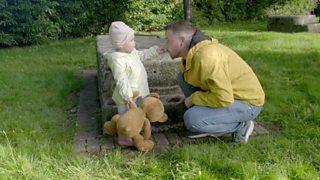ELIM-I - How to be a super communicator
Health visiting teams and education practitioners: Learn more about ELIM-I with Newcastle University and Tiny Happy People
Find out more about resources available to deliver the ELIM-I.
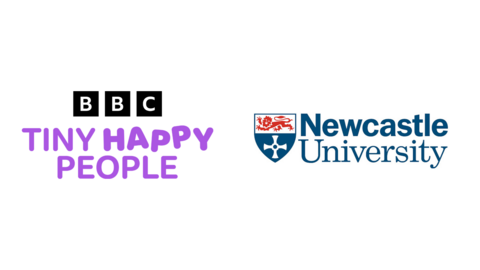
How to be a super communicator
Tips on becoming a super communicator, part of the Early Language Intervention Measure resources from Tiny Happy People.
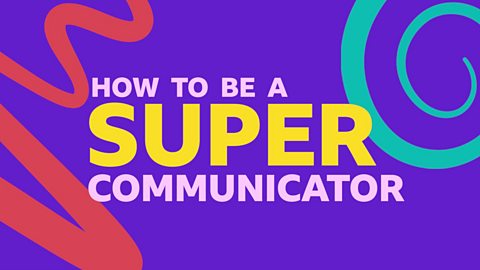
Ways to be a super communicator with your child
These films support the ELIM-I resources developed by Newcastle University. These universal techniques can be used in a variety of interventions or for everyday practice.
Having fun and using an interesting voice
Showing your child that you’re having fun encourages them to interact and communicate with you.

Asking open questions
‘What’, ‘why’ and ‘how’ questions encourage your child to give more than just ‘yes’ or ‘no’ answers.
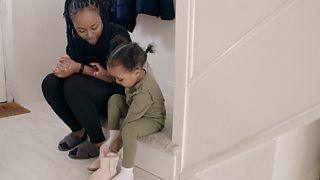
Asking fewer questions
Although it might feel natural to ask your child questions, they might not always have the words to answer.
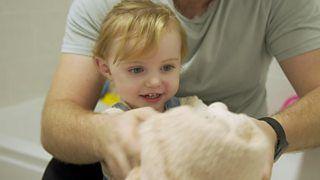
Adding words to build sentences
Repeating what your child says and adding a word or two helps them learn to build sentences.
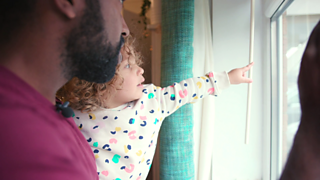
Listen, watch and respond
Listening, watching and responding to your child is a great way to talk to them about the things that interest them.
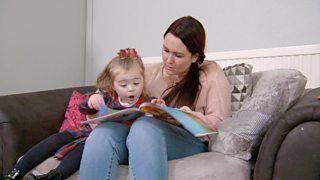
Pause and wait for your child
Try waiting and watching your little one to see what they’re interested in before you chat with them.
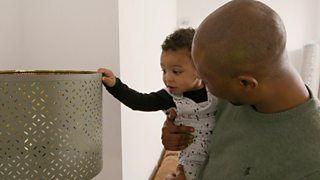
Describe what's happening
When you describe what’s happening, you’re helping your child link the words you say to what they’re doing.
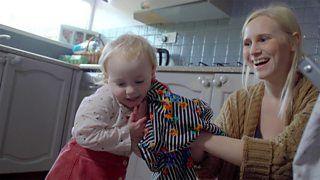
Follow your child's lead
When you follow their lead, the words you use will match the things they are doing or looking at.
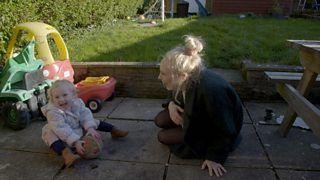
Get down to your child's level
When you are at your child’s level, you can be sure you’re talking about what interests them the most.
